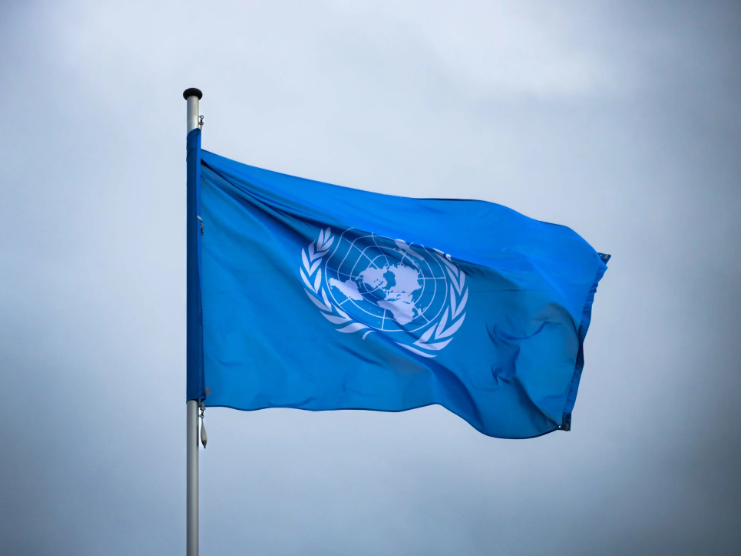Somalia, a nation long plagued by conflict and political instability for the past three decades, is now on the challenging path toward achieving stability and peace.
Despite the numerous obstacles, Somalia has taken major steps in recent years, with domestic and international efforts focusing on laying the basis for lasting stability. In this blog, we’ll take a closer look at the journey of political stability in Somalia and understand the key factors contributing to this ongoing process.
Political Progress and Reconciliation
Political progress and reconciliation efforts have been important in Somalia’s path to stability. The formation of federal member states and the Federal Government of Somalia (FGS), has fostered cooperation, inclusivity, and power-sharing among different regions and clans.
National reconciliation discussions, such as the National Consultative Forum and the National Reconciliation Conference, have also played a major role in bringing stakeholders together. They aim to address grievances and build consensus for a united and stable Somalia.
Security Sector Reform
Efforts to reform and strengthen Somalia’s security have been crucial in the pursuit of stability. The Somali National Army (SNA), along with regional forces and the African Union Mission in Somalia (AMISOM), have collaborated to combat insurgent groups like Al-Shabaab.
International support, training, and capacity-building programs have also been instrumental in enhancing the capabilities of Somali forces. Additionally, these steps improve coordination and establish a more secure environment for the population.
Economic Development and Job Creation
Promoting economic development and creating jobs is essential in sustaining stability. In collaboration with international partners, the Somali government has worked on revitalizing key sectors such as livestock, agriculture, fisheries, and infrastructure.
This creates an enabling environment for business and attracts investment that’s essential for generating employment opportunities and reducing poverty. On top of this, the development of vocational training programs and educational initiatives contributes to building a skilled workforce.
Rule of Law and Justice Sector Reform
Building a robust legal framework and strengthening the justice sector is important for stability and ensuring the rights of citizens. Establishing the rule of law and promoting access to justice include the establishment of courts and training judges and legal professionals while developing a comprehensive legal framework.
Promoting transparency and combating corruption within the justice system are also essential components of the reform process.
International Support and Partnerships
International support and partnerships are significant in Somalia’s journey toward stability. Organizations such as the United Nations, African Union, and several donor countries have given the Somali government technical expertise, financial assistance, and diplomatic support.
Collaboration between the international community and Somali authorities in areas such as security, governance, and development has also been critical in advancing stability objectives.

Play Your Role in Helping Somalis
Despite the significant strides toward progress, Somalia still faces several challenges that have forced thousands of people to flee the country. There are more than 75,000 Somali refugees in Ohio as well who need your help.
Join hands with Somali Community Link, a non-profit organization that aids the housing needs, education, employment, and refugee health funding of Somali refugees in Columbus, Ohio.
Visit our website now for more information about us and help Somali refugees rebuild their new lives.

